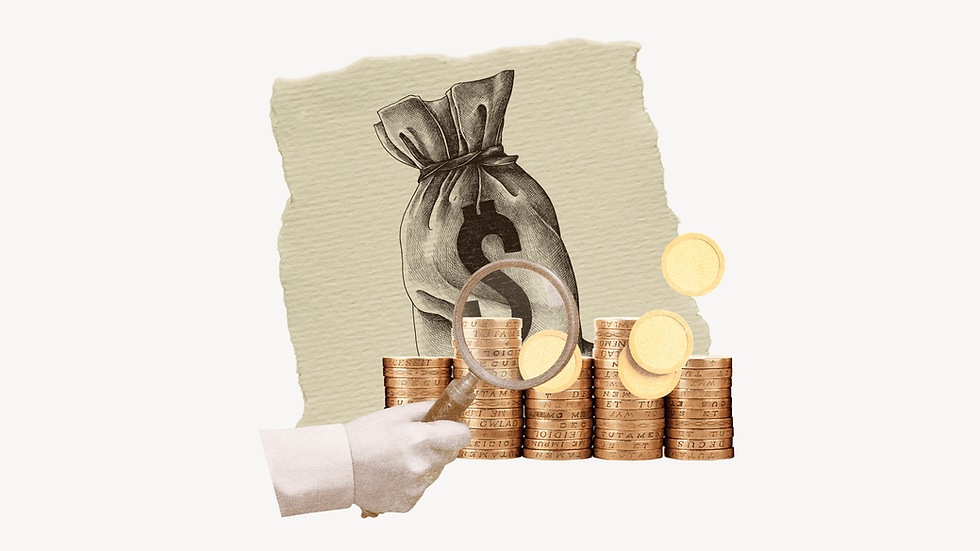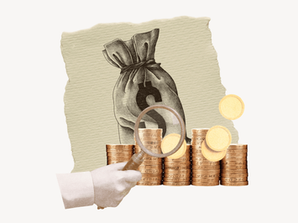COUNTRY FEATURE: SOUTH KOREA
- asiyakamawal
- Aug 21, 2023
- 4 min read
South Korea has been an active player in the Halal industry since 2013 with a growing trend in food, cosmetics, pharmaceuticals and drugs, and tourism. With around 200,000 Muslims residing in big cities like Seoul and Busan, there is an excellent demand for Halal products in these cities where Halal logos can easily be found. Nevertheless, the quality of Halal itself is still questionable, Dr. Nurhastuty K Wardhani writes.

The Korean government does not interfere in regulating the Halal industry in South Korea and provides the freedom to the market to regulate itself. As a result, there are four Halal certification bodies in South Korea: the Korean Muslim Federation (KMF), Korean Testing Certification Institute (KTCI), Korea Halal Authority (KHA), and Korea Halal Association (KOHAS).
KMF is the oldest player in Halal certification for the South Korean market since 1994. It represents the unique Muslim minority in big cities and incorporates Muslim students. The movement of Halal certification by the KMF is purely a grass-roots movement. KTCI is purely a private certification agency under a state-owned company. KTCI does not represent the Muslim community and it is in the process of having a Shariah board. KHA and KOHAS represent the Muslim community.
The strength of the current players in Halal certification lies in endeavoring to produce Halal certificates for the local market and to get mutual recognition agreements from countries abroad such as Malaysia and Thailand. Nonetheless, there is a lack of transparency in the process of producing the certification starting from assessment, audit, and control of the Halal label.
In addition, the role of the Shariah board is unclear for each Halal certification. The only understanding market players have about the current Halal label in the South Korean market involves Halal-certified, self-certified, Muslim-friendly, and pork-free.
Halal-certified implies the business has gone through the certification process and is certified while self-certified refers to self-claims by the business owner that the product is Halal without any assessments and screening. Even though the business is certified as Muslim-friendly and pork-free, it can also sell Halal food together with alcohol.
Currently, there is disagreement from these four Halal certification bodies on ways to enter the Indonesian market. KMF, KTCI, and KHA have been discussing and negotiating to get mutual recognition agreements (MRAs) with the Indonesia Halal Agency (Badan Penyelenggara Jaminan Produk Halal) under the Ministry of Religious Affair since 2019 and are still waiting for the MRAs which are uncertain.
By October 2024, regulations will be in place for all export products, especially food and beverages, cosmetics, and drugs, to be labeled as Halal in South Korea. However, the Korean Halal certification bodies view the MRA process as quite tedious, bureaucratic, and costly. The core of it is a lengthy process in the government-to-government agreement between South Korea and Indonesia. This is quite depressing for Korean investors who are looking to penetrate the Indonesian market.
The Indonesian government should be proactive to address current issues given the bilateral diplomatic relationship between Indonesia and South Korea which has been achieved for 50 years. Moreover, both countries gained independence in 1945 with South Korea’s Independence Day falling on the 15th of August and Indonesia’s falling on the 17th of August.
There is an opportunity for the Indonesian government to be a strategic partner in enhancing the Halal industry in South Korea by offering assistance in terms of governance issues, mechanisms, education, and training of the Shariah board. The Indonesian government especially the Ministry of Religious should grab this golden opportunity.
The Islamic economic society which consists of different Muslim communities attempts to improve the Halal industry in South Korea by providing Halal food and prayer room facilities for tourists. Currently, there are a few Halal food courts in South Korea but again they are self-certified. The dynamics of the Halal industry depend on the dynamics of the Muslim community in South Korea which is aggregated and not unified; the Muslim community in South Korea seems to have many different Muslim groups.
Islamic finance can play an important role in enhancing and supporting the Halal industry’s needs in South Korea. Unfortunately, the movement of Islamic finance seems stagnant due to the lack of leadership and Muslim entrepreneurship in Islamic fintech, Islamic investment companies, and the Islamic capital market. However, Bank Negara Indonesia is willing to serve the Muslim community in South Korea by providing Shariah accounts.
We need more players in the Islamic finance industry in South Korea to support the Halal industry as well as exports. The Muslim community in South Korea should learn from the Muslim community in other similar countries such as Australia in setting up the Islamic finance industry regardless of the lack of regulation and government support. The key is the unity of the community and the leadership, not the quantity.

Dr. Nurhastuty K Wardhani is a board member of the Institute of Halal Investing in the US and a senior lecturer at Trisakthi University Indonesia. She can be contacted at nurhastuti@trisakti.ac.id.
.png)









Comments